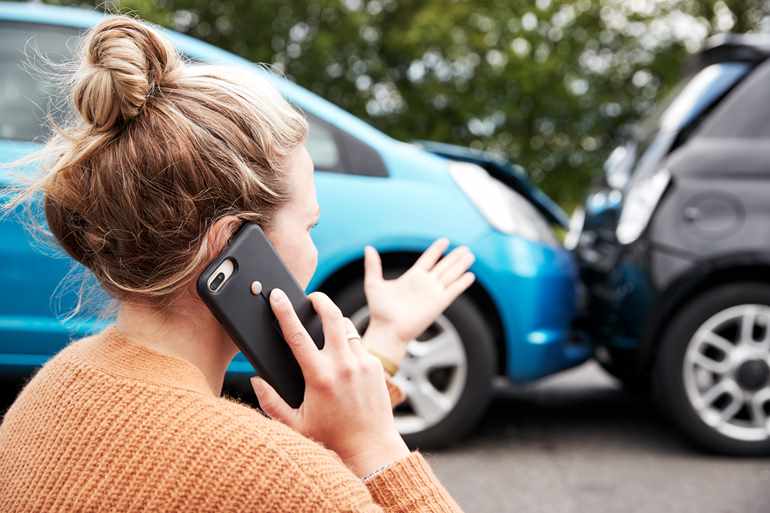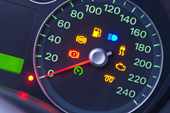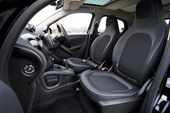
What You Need To Know About Writing Off A Car
Being Involved In A 'Write Off' Can Be Overwhelming, Here's What You Need To Know...
When you hear someone has been in a car crash, your first thought is of their state of health. 'Are they OK?' you ask. The idea of your loved ones being in an accident is frightening and the state of their vehicle will not be your first concern. When you know they are fine, the next thought you have is for the car. Then you hear the words, 'it's a write-off.'
But what exactly does that mean? What is a write-off? Well, when a car has been involved in an accident, it may well be that either it is no longer safe to be on the road, or that any repairs would cost more than the car is currently worth.
"I wasn't in an accident though?"
You would be surprised at what counts as one. It is not just one car hitting another, or an inanimate object. Nor is it just the Sat Nav telling you to drive into a ditch on a dark night along a country lane. No, it can be a tree falling onto it during a storm, or the fire brigade getting it so wet while doing their job that it causes irreparable damage. It can also mean it has been stolen by joyriders and trashed beyond recognition. You may love your little runaround, but unfortunately, your insurance company will not take sentimental value into account when deciding whether or not to fix it.
Knowing exactly how your car has been written off can be a minefield, so to assist you in working it all out, take a look at the following categories.
Category A applies to a car that is extensively damaged and is only fit for scrap. All parts, including salvageable ones, should be destroyed.
Category B refers to a vehicle that has significant damage to the body and should be crushed. However, undamaged parts which can be used as spares on other cars can be salvaged.
Category S damage describes a car that has suffered structural damage which is repairable. However, until it is professionally repaired, it is deemed unsafe to drive.
Category N vehicles are structurally sound but may have cosmetic, electrical or non-structural damage. As this could include damage to the steering or brakes, the car may not be driveable.
If you already have Gap Insurance with Direct Gap, you should contact us as soon as possible if you think your car will be a total loss ("written-off").
First things first though, you MUST tell the DVLA when your car has been written off and scrapped. You can do this here between 7am and 7pm. They will ask for:
- The name and postcode of your insurance company. Enter this information in the section titled 'provide trader details'.
- The registration number of your written off vehicle.
- The 11-digit reference number in section 9 of the logbook (V5C/3).
You should also ask for your road tax to be cancelled and any excess amount you have paid to be returned to you. This will be calculated by the DVLA based on the day you tell them that the car is no longer on the road, so it is best to get this job done straight away. If you have not received your cheque in 6 weeks, get back onto them. Every little helps.
"You didn't mention category D. What is that?"
This category is similar to Category S and Category N in that the car could be repaired. In this case, it can be returned to the road after all of the repairs have been carried out and examined. However, you'll need to identify it as a category D (otherwise known as a Cat D) when it is changing hands, due to being sold. If you are anything less than honest about a car's history or journey, you may risk legal action further down the line and that is a headache that nobody needs.
So, you bought a car, were involved in an accident and had the car written off by your insurance company. Not only do you have to deal with the trauma of an accident, but your insurance company will only pay out the second-hand value of the car on the day it was written off. This will never be the price or more than you paid for it, leaving you out of pocket and off the road.
What now?
Now your car is scrapped, where do you go from here?
You go to Direct Gap. We make sure that you avoid the same thing happening again in the future. This is what Gap Insurance provides. Find out more about Gap Insurance here.












